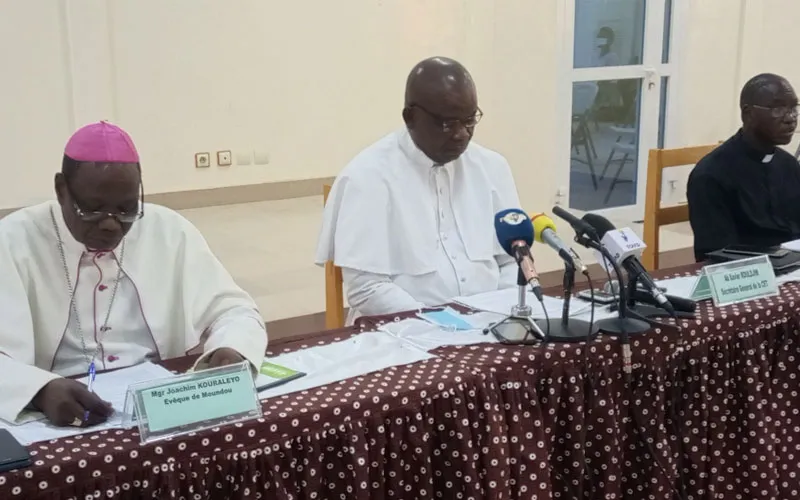In April, President Idriss Déby Itno who had been at the helm of the country since 1990 died after succumbing to injuries from a battle with the Front for Change and Concord in Chad (FACT), a dissident army rebel group in the Northern part of the country.
Following his death, a transitional council of military officers led by Deby's son, Mahamat Idriss Déby Itno, as interim president, is overseeing Chad’s transition period for the next 18 months.
The council has published a charter that defines the role of members expected to be appointed to the national transitional council, a charter that has been rejected by opposition parties in the country.
In July, members of CET called for an “inclusive national dialogue” that can bring together stakeholders in the country’s socio-political life.
“The death of President Déby has made this crisis obvious, and this inclusive national dialogue and reconciliation is becoming an urgent necessity in order to enable all the children of Chad to come together and agree on a new social contract that should bind them for the next few decades,” the Catholic Bishops said in a July 3 collective statement.
They added, “The inclusive national reconciliation dialogue, which is supposed to bring together all the actors in Chad's socio-political life and set up a national transitional council responsible for carrying out the necessary institutional reforms with a view to drawing up a more consensual draft constitution, is slow to take shape.”
In their December 10 32-point collective statement, Catholic Bishops in Chad say, “The Transitional Charter drawn up unilaterally and opaquely by the Military Transitional Council (MTC), the non-consensual appointment of the members of the Organizing Committee for the Inclusive National Dialogue (CODNI), the co-option of the members of the National Transitional Council (NTC) by decree and the organization of pre-dialogue meetings under confused conditions are all visible signs of the will of a group that wants to impose its political vision on the rest of Chadians at all costs.”
As a way forward, members of CET urge all the transitional institutions “to listen to the expectations of the Chadian people in the implementation of the transitional roadmap.”
“Be the guarantors and promoters of the human rights and fundamental freedoms of all your fellow citizens,” they say, and add, “The role of the national army should remain that of defending the integrity of the national territory, ensuring peace within the borders, and the security of people and property.”
They invite leaders of the transition to “respect your word of honor before the nation to guarantee the success of the transition process.”








